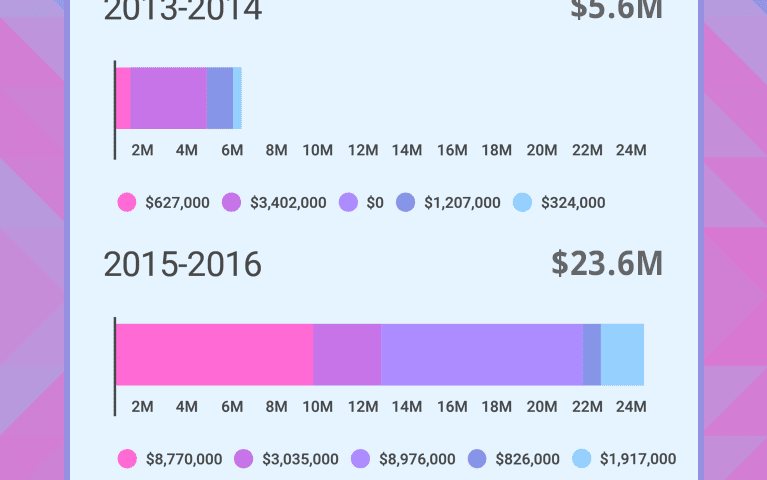
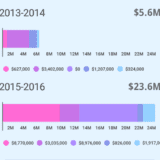
Under state law, an independent expenditure committee can funnel unlimited amounts of money from corporations, nonprofits and wealthy donors, as long as it does not coordinate spending activity with candidates, who are under strict, albeit voluntary campaign limits. Next week Bill Raden will report on the unprecedented amount of contributions made by California’s charter school lobbies to influence nearly three-dozen state Assembly and Senate races, along with several local school board elections.


Co-published by The Nation
Ordinary working people, especially the young and people of color, have been so much and for so long exploited in Arizona that for many, labor and political activism have become lifelong governing passions, not just a matter of phone-banking on a weekend or two in an election season. Their long misfortunes have galvanized labor into becoming a voter registration powerhouse and a formidable organizer in the fielding of candidates.
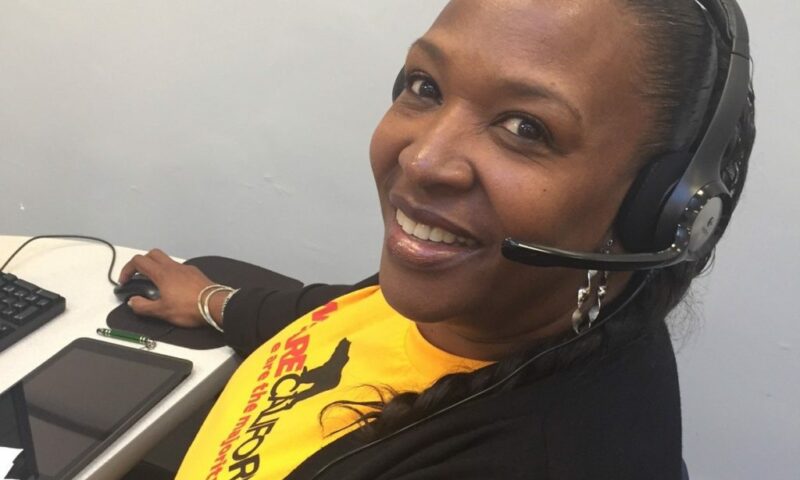

The phone bank on Florence Avenue near Western is fully staffed on a Thursday afternoon. Its 20 callers could be hawking solar paneling or copper water pipes to anyone who answers. Instead, the men and women here are selling change in the most populous city in the most populous state in the nation. On this day, shortly before the election, they are contacting potential voters about three of California’s 17 ballot propositions.
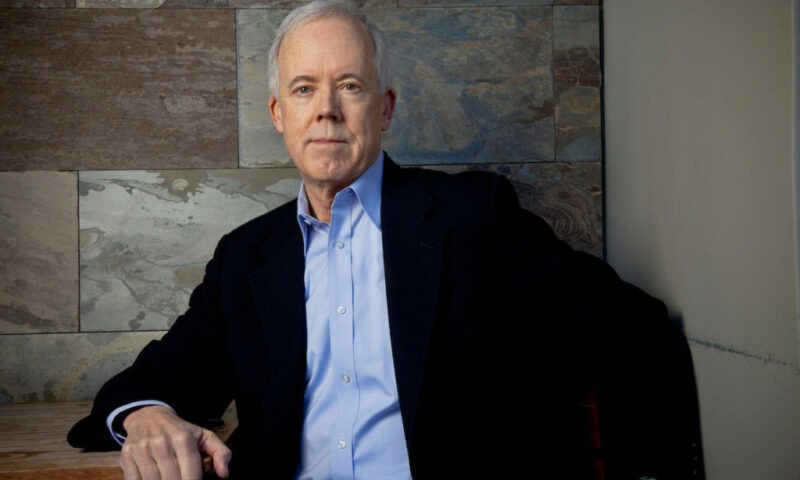
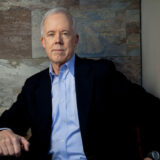
For two decades businessman Bill Bloomfield has poured millions of dollars into political campaigns, and supported George W. Bush, Rudy Giuliani and John McCain. He has also used his personal wealth to back former California Governor Arnold Schwarzenegger and the gubernatorial effort of GOP candidate Meg Whitman.
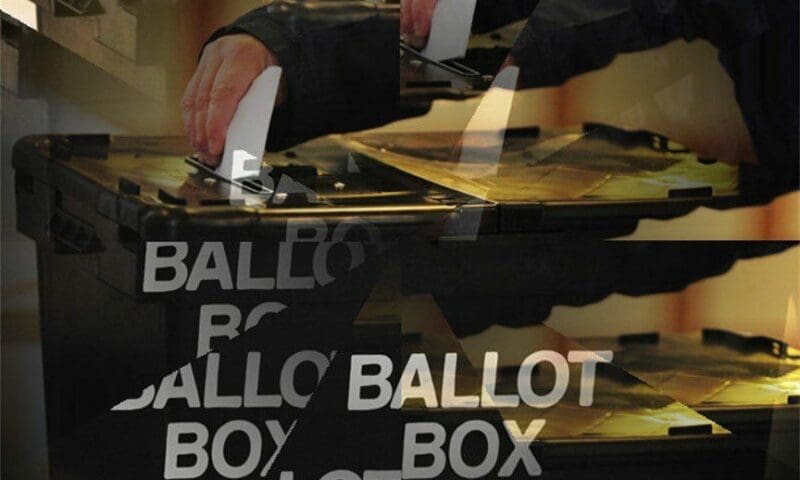
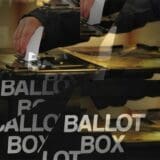
A New Series This week Capital & Main continues to look at issues and individuals that are playing a part in this month’s election.
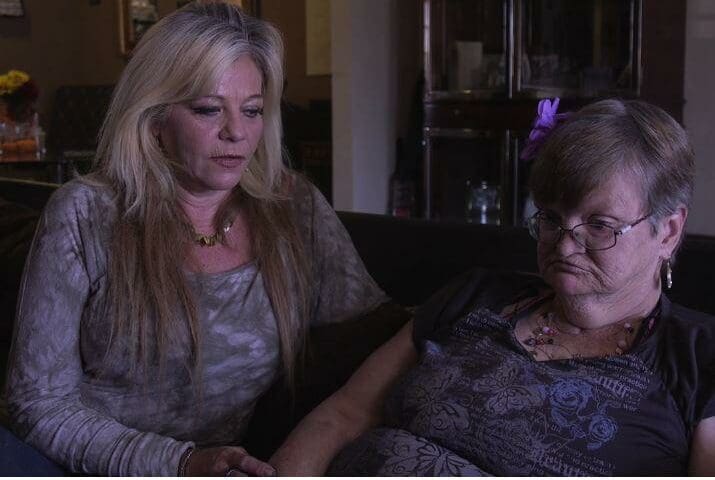

Toni Monique is an in-home caregiver who talks like a political philosopher when she is not taking care of her sister, Tonya Ginn, in Buena Park. When told that the Freedom Foundation, an organization with financial ties to right-wing billionaires Charles and David Koch, had recently moved into California to undermine her union, she got downright angry.
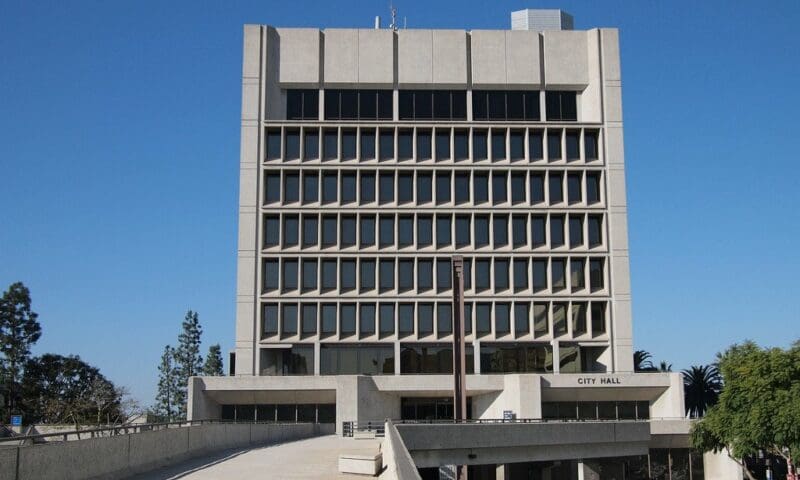

Eight months after Kisha Michael, 31, and Marquintan Sandlin, 32, were shot to death in their car, there are still no answers to why Inglewood police killed them outside a Manchester Boulevard 7-11 store sometime before 4 a.m., February 21.


Proposition 61, an initiative that’s intended to lower pharmaceutical prices paid by the state, has turned out to be one of the most expensive proposition battles ever fought in California as prescription drug companies are throwing more money at defeating this initiative than has ever been collected by one side in a ballot fight.
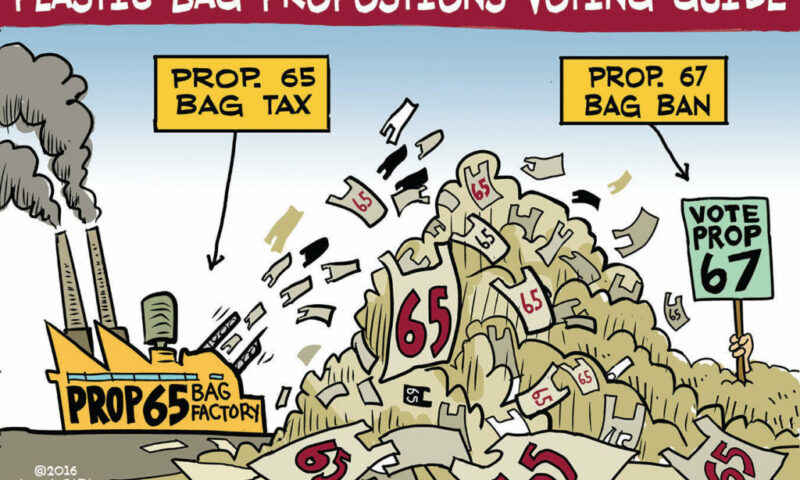
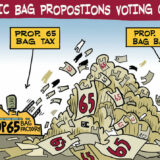
When Bisbee, Arizona banned single-use plastic bags in 2014, leaders in the plastics industry worried Bisbee had sparked a trend. So they did what corporate lobbyists do in a reliably conservative state: They persuaded legislators and the governor to declare bans like Bisbee’s illegal.
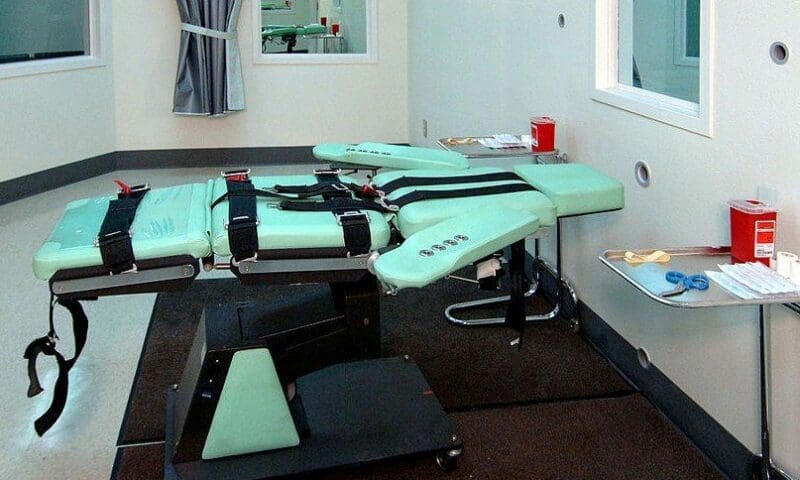

Of the 17 propositions on this year’s California ballot, few are as divisive as the issue of capital punishment. There are actually two separate initiatives targeting the death penalty: Proposition 62, which would abolish the death penalty, and Proposition 66, which would speed up executions.